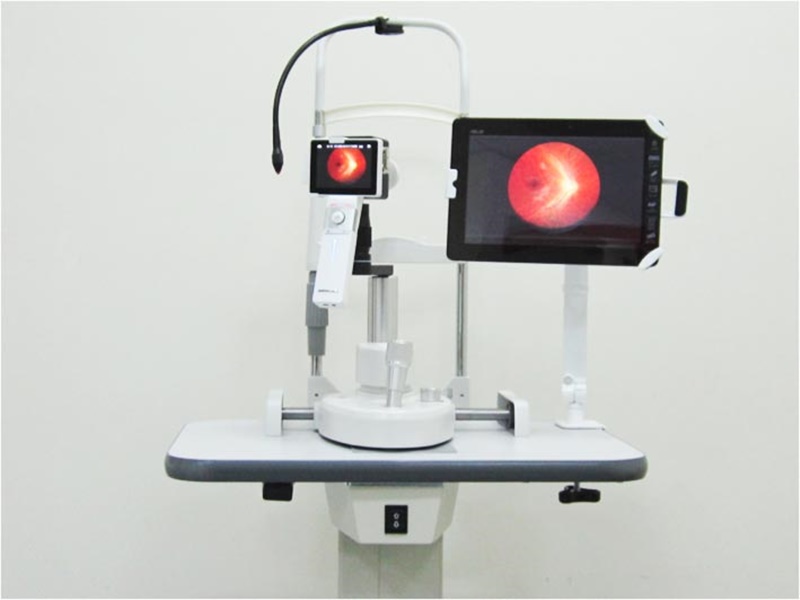Health invests 778,680 euros to renew the equipment for the early detection of diabetic retinopathy in health centers throughout the Canary Islands
The Canary Islands Health Service (SCS) will centrally acquire a total of 42 retinographers for the early detection of diabetic retinopathy for health centers throughout the Canary Islands, an action framed in the strategic line of the Commitment to Improve Public Health in the Canary Islands. This investment, co-financed by the European Regional Development Fund (ERDF), has a budget of 778,680 euros and includes the purchase and installation of these new equipment.
Thus, the 42 retinographers that will be included in the SCS Primary Care service portfolio will be distributed in all the Health Areas of the Canary Islands as follows: 15 in Gran Canaria, 14 in Tenerife, 5 in Lanzarote, 4 in Fuerteventura , 2 in La Palma, 1 in La Gomera and 1 in El Hierro.
With this equipment the current one will be renewed, incorporating new technological features, eliminating the possible imbalances in the service portfolio of the different Health Areas and avoiding the failures and faults of the current retinographers.
These teams will serve to strengthen the care process of the Program for the early detection of diabetic retinopathy Retisalud, launched by the SCS in 2008 to detect retinal disease in the earliest stages to anticipate the application of specific treatment and reduce , thus, the incidence of blindness in these diabetic patients.
Diabetic retinopathy is a vascular complication of diabetes and its prevalence is strongly related to the duration of the disease and glycemic control. Retinal diseases are the leading cause of blindness worldwide and their prevalence is increasing. In fact, retinal detachment, diabetic retinopathy, age-related macular degeneration or retinitis pigmentosa are behind 67% of cases of visual impairment in Europe and affect more than 30% of the population over 50 years.
This project has been progressively implemented in the seven health areas of the islands, paying attention to the entire population with diabetes through the use of 43 non-mydriatic retinographs. Retisalud allows to anticipate the application of specific treatment with the aim of reducing the incidence of blindness in diabetic patients.
Retisalud seeks the early detection and adequate treatment of diabetic retinopathy, as well as reducing the incidence of blindness caused by this pathology.
This project also seeks to facilitate the accessibility of the non-mydriatic retinography test to all people with diabetes, to improve the coordination between Primary and Specialized Care for the readings and derivation of the tests, to extend the primary care resolutive capacity and to make a monitoring of the evolution of diabetic retinopathy.
Assistance process
The healthcare process of Retisalud makes use of telecommunications and health information systems to enable the realization of this telemedicine program, where the fundus test is assessed by different professionals without the patient having to be present.





